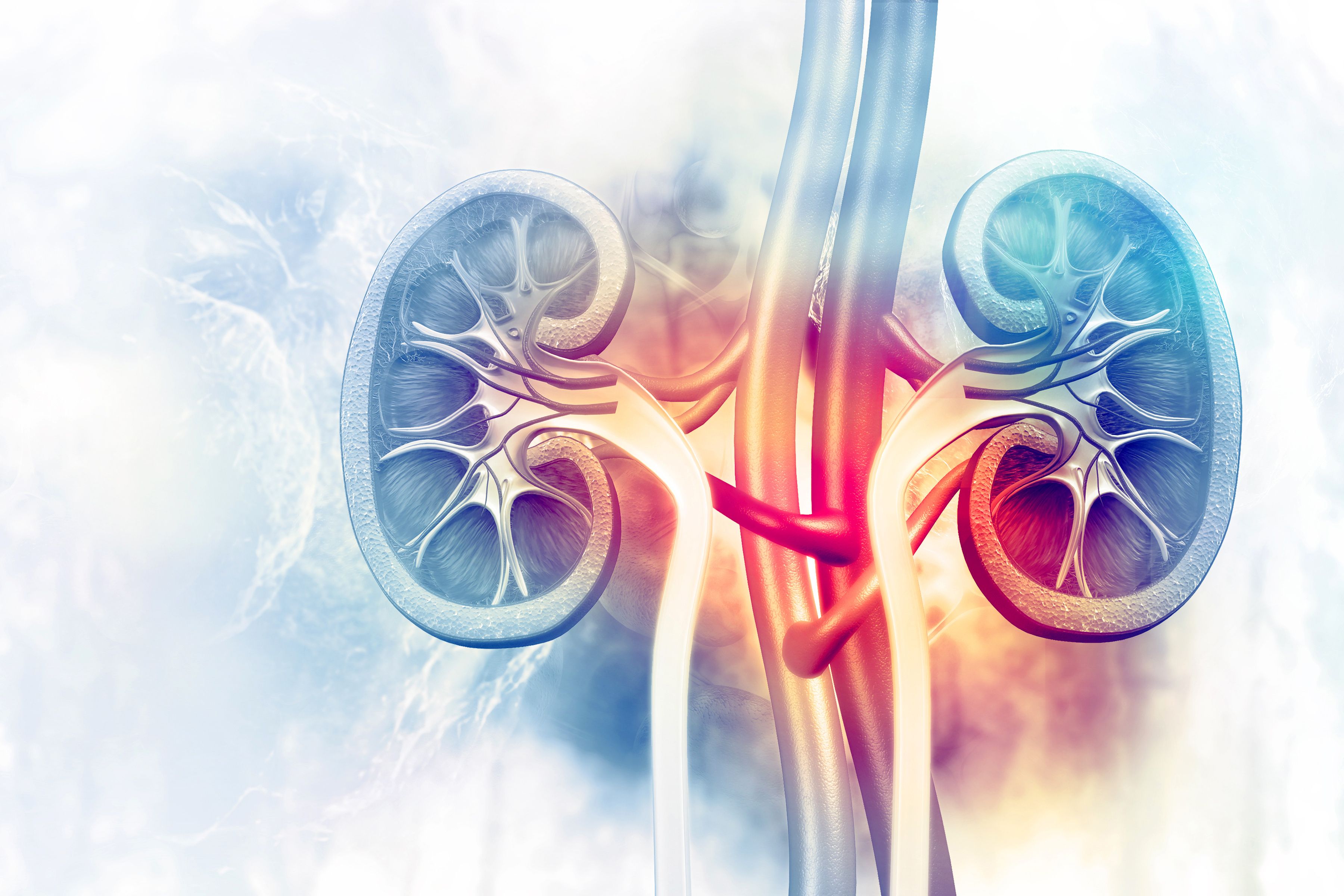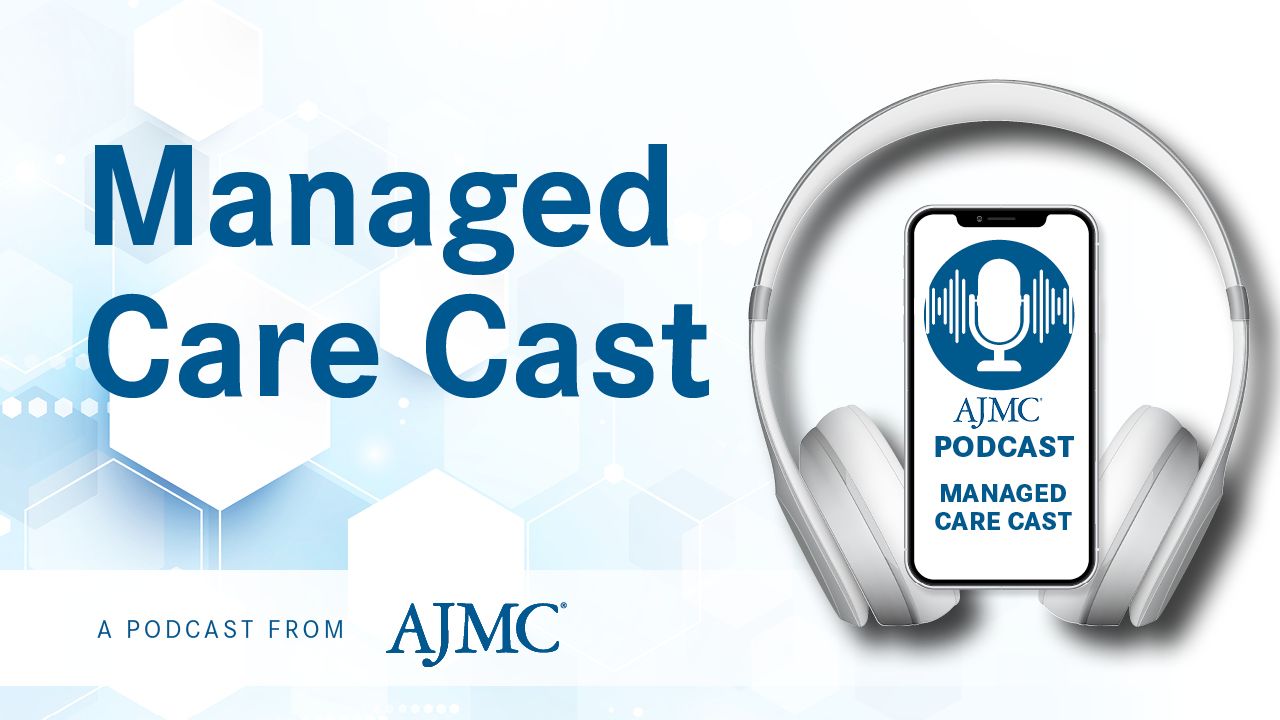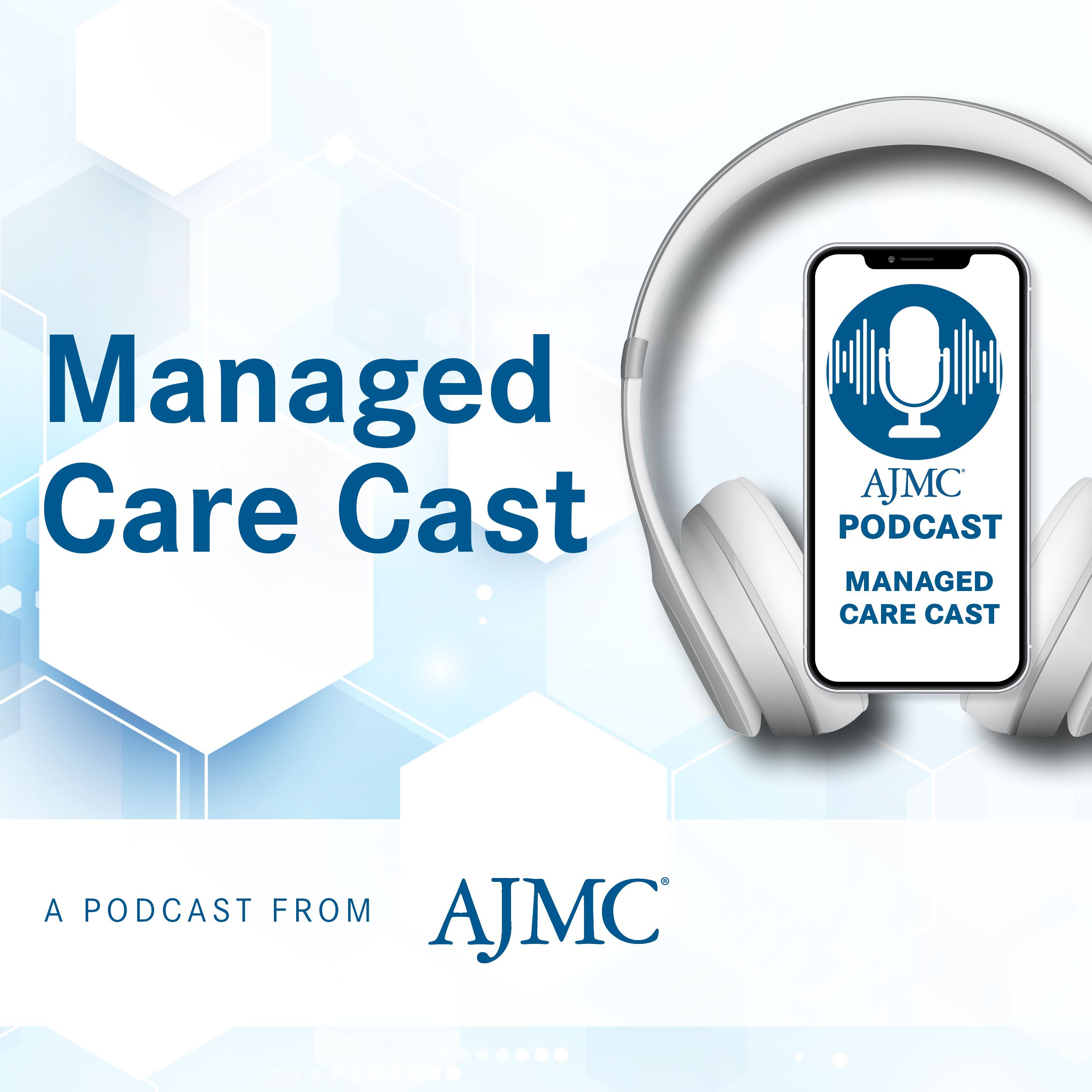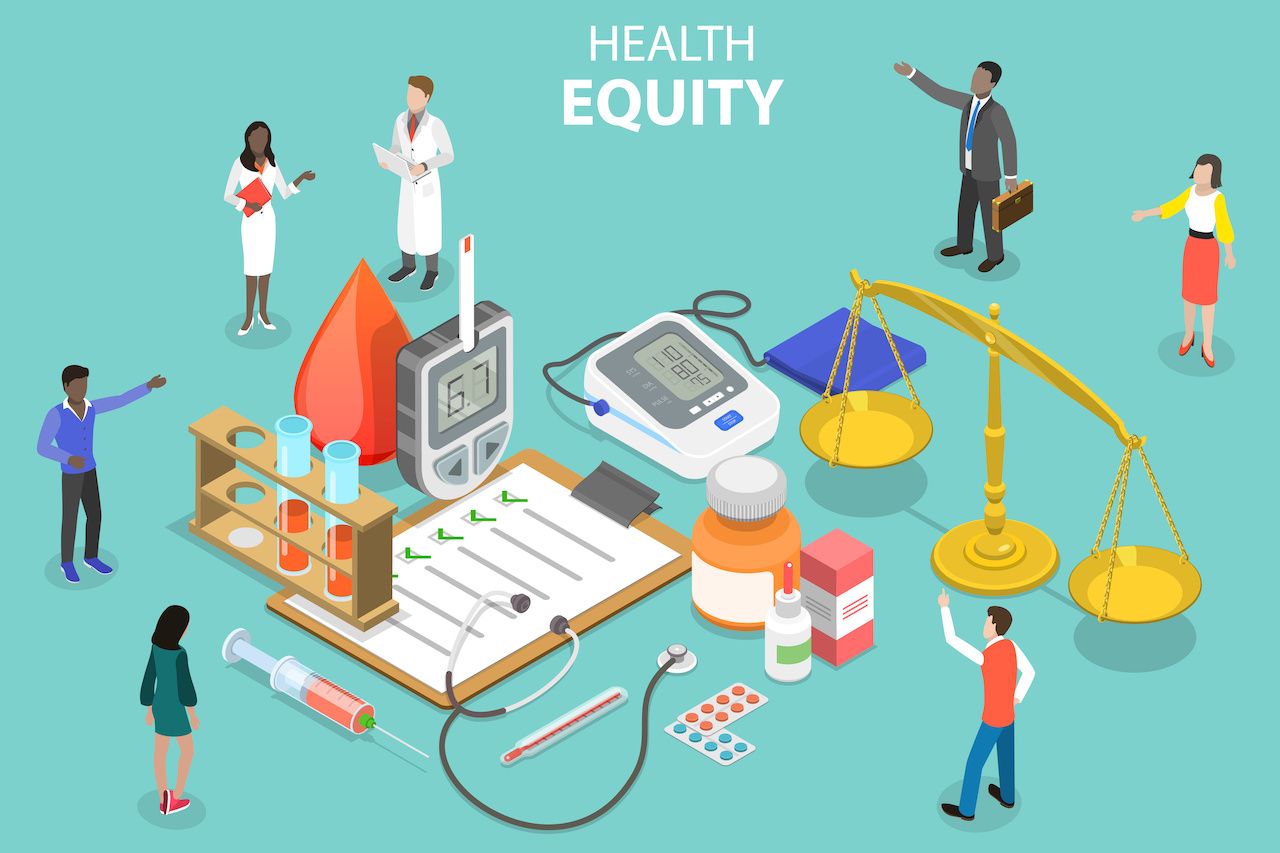News
Article
Early Antiretroviral Therapy Safe for Kidney Health
Author(s):
Earlier antiretroviral therapy was found to be safe in regards to kidney health, with benefits of virologic suppression and immune reconstitution.
Early treatment with antiretroviral therapy (ART) has been found to be safe for patients with HIV (PWH), according to a study published in Kidney International.1 This finding addresses concerns that prolonged exposure to nephrotoxic ART outweighed the benefits of the medication.
Acute kidney injury and chronic kidney disease (CKD) have an increased risk of occurring in PWH due to the effects of HIV, traditional risk factors, and the potential of nephrotoxicity in ART. Estimated glomerular filtration rate (eGFR) was found to decline in a 2-year follow-up of patients in the START trial who deferred taking or immediately took ART, with eGFR trajectories converging in the 2 groups after a longer follow-up.2 This study compared the changes in eGFR for the START participants after a 5.5-year follow-up and describes CKD events that occurred for 9.3 years of follow-up.
START includes participants who were ART-naïve, were diagnosed with HIV, and had a CD4 cell count of less than 500 cells/mm3. All participants were randomly assigned to either immediate ART or a deferral of ART until evidence of disease progression. Participants were excluded if they were on dialysis, but there were no other restrictions based on kidney function. All ART regimens were from a list of approved regimens. Data were unblinded after a median follow-up of 2.8 years after the patient crossed a monitoring boundary.
Kidneys | Image credit: Crystal light - stock.adobe.com

Composite kidney disease outcomes were kidney failure or death due to kidney failure. The date of randomization was used as the baseline. Participants who had their UACR measured at baseline and had at least 1 follow-up visit were included in the eGFR analysis. Serum creatinine was measured at baseline and at 1, 4, and 8 months before becoming annual. Urine albumin and creatinine were collected at baseline and then at months 24 and 48. The annual rate of change in eGFR from baseline between the 2 arms made up the eGFR analysis. The UACR analysis compared the annual rate of change in UACR from baseline.
There were 4684 participants who were randomized into the 2 groups between 2009 and 2013. A CKD event occurred in only 3 participants overall by 2015, with 2 of them being in the deferred ART group. This increased to 9 CKD events in 8 participants at the end of 2021 after a median follow-up of 9.3 years (IQR, 8.5-10.4 years). The baseline eGFR of 6 of the 8 participants was between 60 and 90 mL/min/1.73m.2
There were 4284 participants who were included in the analysis of eGFR who had a median age of 36 years at their entry to the study and 30.4% reported their race as Black. The median baseline eGFR was 111 mL/min/1.73m.2
The rate of decline in eGFR was 1.19 mL/min/1.73m2 per year in a median of 5 (IQR, 4-6) years. This rate of decline was similar in both groups. The differences between treatment group point differences were not significant after adjusting for UACR. Annual rate of decline of eGFR in the deferred arm was 0.26 mL/min/1.73m2 (95% CI, 0.06-0.46) after adjusting for time-updated variables. Annual rate of eGFR decline was 0.62 mL/min/1.73m2 (95% CI, 0.21-1.04) faster in the deferred arm compared with the immediate arm in participants aged 45 years and older. Men in the deferred arm had faster eGFR decline at 0.39 mL/min/1.73m2 (95% CI, 0.16-0.63) compared with the immediate arm.
A total of 9.8% of the participants had a decline in eGFR that was 30% or more. There was no significant difference between the treatment arms (incidence rate ratio [IRR], 1.15; 95% CI, 0.95-1.38). A baseline UACR of more than 30 mg/g was associated with an increased likelihood of having a confirmed event.
This study had some limitations. Both the immediate and deferred treatment groups included participants who used medications that affected the tubular secretion of creatinine. The measurement of serum creatinine was not standardized. The 2021 CKD-EPI equation was used for this study but has not been evaluated for its use in PWH. The incidence of advanced CKD was hard to compare directly with earlier trials of START in PWH.
The researchers concluded that earlier ART initiation is safe for PWH in regards to kidney health, as potential nephrotoxic ART does not outweigh the benefits of ART, including virologic suppression and immune reconstitution.
References
- Pelchen-Matthews A, Mocroft A, Ryom L, et al. Long-term impact of immediate versus deferred antiretroviral therapy on kidney health in people with HIV. Kidney Int. Published online April 30, 2024. doi:10.1016/j.kint.2024.04.010
- Achhra AC, Mocroft A, Ross M, et al. Impact of early versus deferred antiretroviral therapy on estimated glomerular filtration rate in HIV-positive individuals in the START trial. Int J Antimicrob Agents. Sep 2017;50(3):453-460. doi:10.1016/j.ijantimicag.2017.04.021
2 Commerce Drive
Suite 100
Cranbury, NJ 08512
© 2024 MJH Life Sciences® and AJMC®.
All rights reserved.





